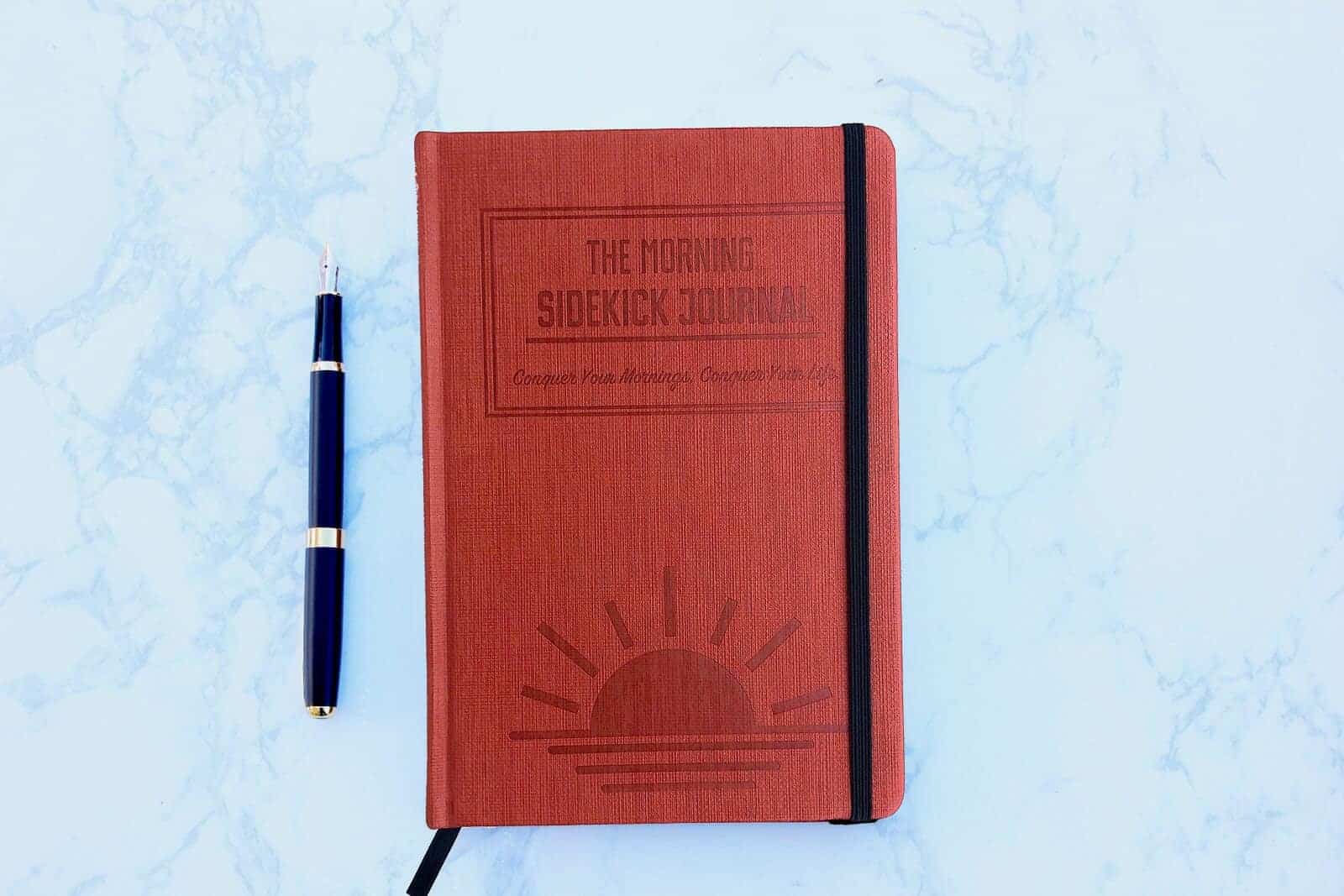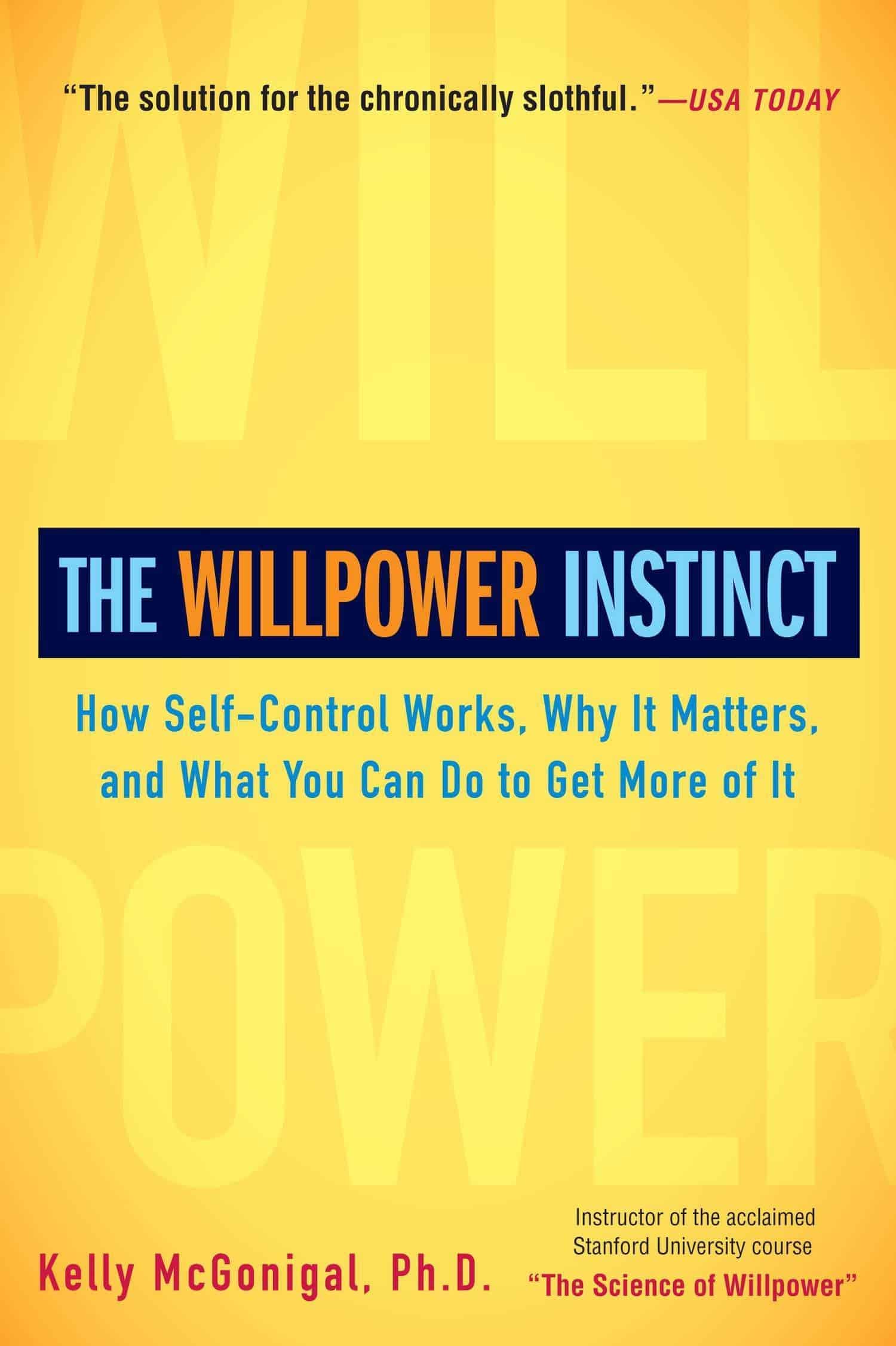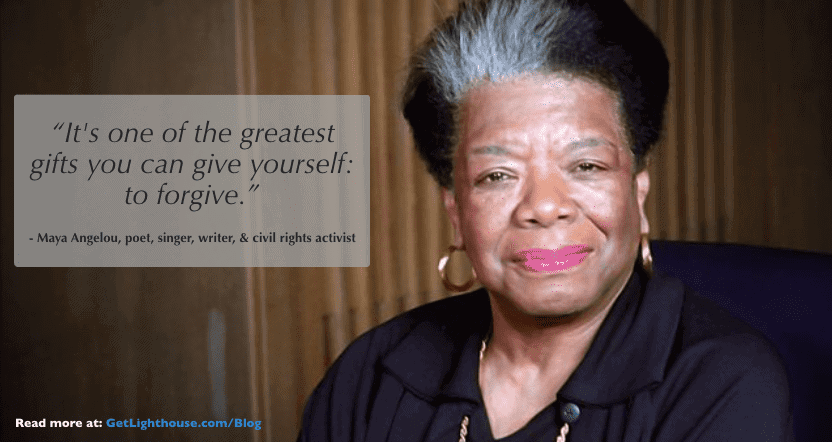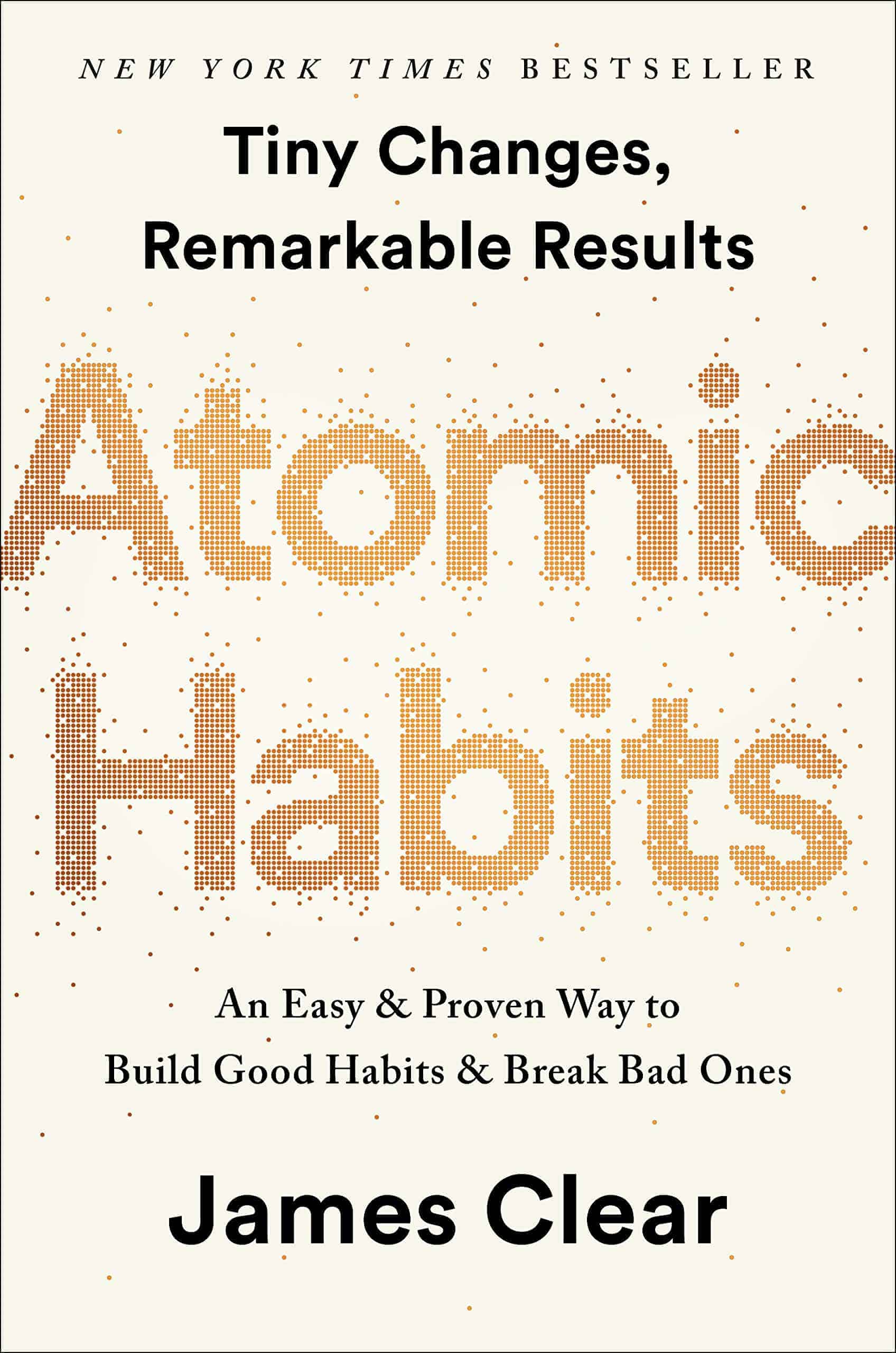What are your habits like? Are there areas of your life you'd like to improve in? Have you fallen off of something you were once really consistent with?
I sat down with Mikey Ahdoot, co-founder of habit journal startup Habit Nest, recently and asked him to shed light on the keys to building healthy habits.
I wanted to know: What are those universal challenges that hold us back? And what have they found works to overcome those challenges?
Mikey had a ton of amazing insights and has an inspiring story of transformation himself, so I knew I had to share what he said with readers of the Lighthouse blog.
Thanks for sharing your story and your insights with us, Mikey, and the rest of the Habit Nest team.
From Overweight to Habits Monster: Lessons on Creating Better Habits and Turning Things Around
Building new habits is tough; we've all experienced it.
You pack on a couple of pounds and decide to start an exercise habit, only to fall off within your second week and never pick it back up.
You start having weekly one on ones with your team, only to start rescheduling frequently, prioritizing other things that need to get done. And, before you know it, you've stopped completely.
Or, you decide to start reading daily. It starts out great and you're excited… for the first week. Then, life gets in the way, you miss a couple days, and the habit slips. Now, that same book sits on your desk, perpetually unfinished.
You vs. Yourself
Establishing new habits is a psychological game, one riddled with mines and pitfalls. If you don't know where to step, you'll end up falling off the habit before you've even started. However, if you know how to avoid these traps, the whole process becomes immeasurably easier.
This is exactly what Mikey learned in his own life, having grown up overweight and with many unhealthy habits.
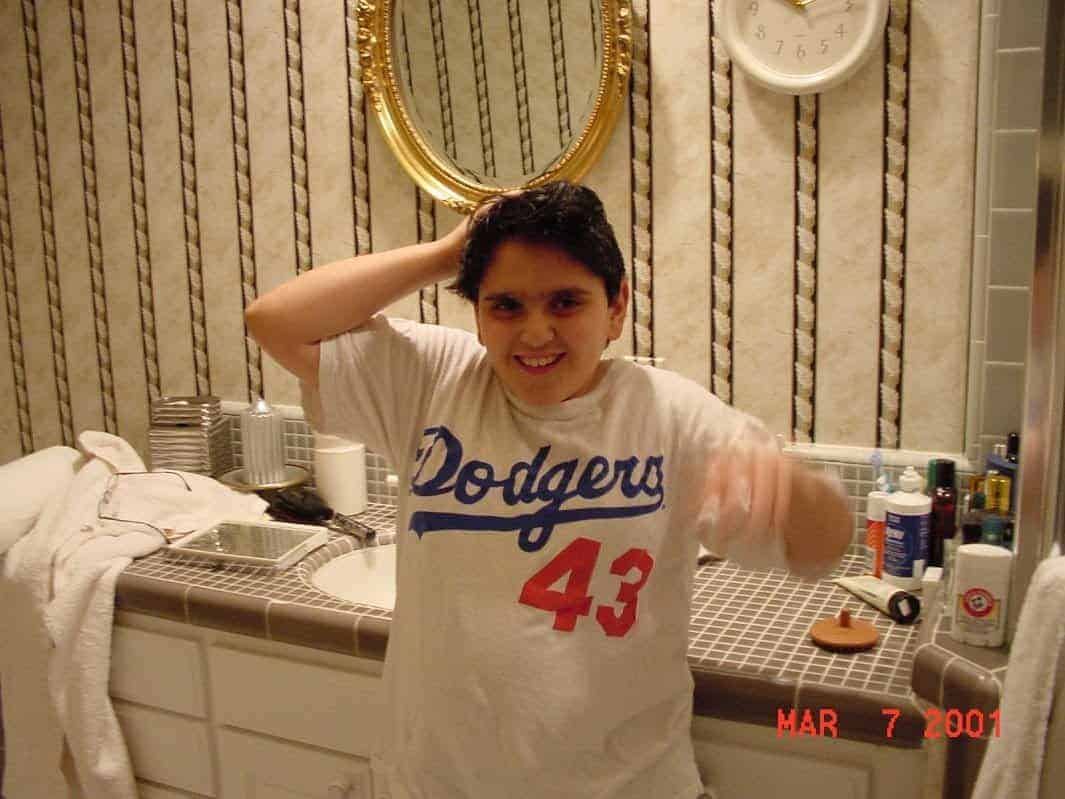
"Growing up I was really overweight. I was like the fattest kid in my whole elementary and middle school,” Ahdoot says.
"Pretty much my entire life growing up until even like college… I just had really messed-up habits. I would sleep every night at 4 a.m. or 5 a.m., play video games 12 hours a day, leave my clothes on the floor of my room, I would procrastinate everything.”
After graduating from USC and working at his first startup, he was frustrated and unhappy, still not living up to his potential. Mikey had had enough.
Making a change
Done being ruled by his bad habits, Mikey decided to make a change.
He met with his best friend– who was also in a rough spot at the time– and together they spent the day mapping out what they wanted their life to look like.
They asked themselves, "if our lives were perfect, what would that look like?”
From that, they reverse-engineered a plan to get there:
"Then we said, OK, to make that happen, what are the actual steps on a daily basis that we need?
For me, it was like wake up at 9:30 am instead of 11:00, read 10 pages of a book a day, limit video games to an hour a day, all these things.”
Going all-in, Mikey covered his walls with whiteboard paint. With this new canvas, he mapped out a calendar of habits he wanted to establish.
"I drew this gigantic calendar of 31 days long that I pretty much made my habit tracker, but it was really my life.
I wrote out all the things that I wanted to track every day on it and I made up my life goals every single day.
Through this calendar, he gave himself one rule:
"No matter what happens today, I'm going to get these things done.”

Mikey says it took him years to really start making big improvements, during which time he sought out and read virtually every book on habits and similar topics.
"I pretty much went into Amazon and typed in the word 'habit', I typed in the word 'routine' and 'willpower' and 'discipline', and I bought almost every book and read almost every book there."
Looking back, with everything he learned about building habits, by the end of that process, Mikey now feels like he could have done it within just a few months.
Turning passion into a mission
"It pissed me off that there was no real outlet to help people build habits and I knew how important it was.” said Ahdoot upon reflecting on his own journey to create better habits. "I really wanted to set out to create a simple, effective, guided way to help people grow along the path.”
And so Mikey's passion to transform his own habits turned into a mission to figure out how he could help others do the same. However, the idea of making physical journals didn't come right away.
"One of the habits that I was doing [at the time] was brainstorming 10 ideas a day to make the world better in any way.
After two months, this was one of the ideas that I had, and I just couldn't stop thinking about.
After like hundreds and hundreds [of ideas] I just knew. I knew that I had to at least explore it further.”
Mikey's original idea was to create an app that would help its users build new healthy habits through proven principles. But after challenges with getting the app off the ground, Mikey and the other Habit Nest co-founders decided to change direction and turn the app into a habit-guided journal.
Out of the software issues, the physical version of the same original app concept was born, the Morning Sidekick Journal, an action-based habit-building journal (part workbook, part journal) based on many of the principles that helped Mikey transform his own life:
Since that time, Mike and the other co-founders of Habit Nest have learned a lot about how to build strong, healthy habits, not just from their personal experience but from first-hand accounts of their users.
Here are four lessons on building and maintaining better habits I learned speaking with Habit Nest co-founder Mikey Ahdoot.
1. You can be your own worst enemy (Or your own best friend)
Possibly the most surprising thing he learned when shifting from building his own habits to helping others build theirs, Mikey says, was "how hard people are on themselves.”
"Be nice to yourself!”
It's important to recognize what your inner voice is saying and make it more positive, as Mikey has learned:
"People really inhibit how much progress they can make, because so much of their time is spent being hard on themselves about not being perfect. I realized how much that beat progress.
I see it every day, people posting [messages] on our Facebook group. I'm just like, sh** man. Give yourself a hug. You're doing really well.”
This ties to what Mikey says was one of the biggest influences in terms of what science-based principles and techniques were used in the creation of their journal.
Of all the books he read during his intense growth phase, on of his favorites was Kelly McGonigal's, The Willpower Instinct.
A lot of the principles in their habit journal are based on lessons and insights from her book.
Mikey says his biggest takeaway from the book was the effect that guilt has on our ability to build healthy habits.
"The biggest thing I took away is just how crushing guilt is, and how much guilt destroys willpower.
It is the worst way to get yourself improving and to stay consistent because you feel guilty and you feel trapped and stuck and internally you can't move.”
We want to do more, better, but our past failures often haunt us to the point of paralysis. As a result, our self-control goes out the window and we end up getting nothing done at all.
So, what's the solution?
Guilt vs. Accountability
Accountability, Mikey says, is another one of the foundational principles behind Habit Nest's journals.
"I think accountability is really important, like black or white no BS accountability...OK, this is your goal, and what daily actions is it going to take for you to build up into that?”
Every day for morning routines, for example, you say, 'I want to go sleep at this time and wake up at this time.'
And then the next morning, you say, 'last night I actually went to sleep at this time and woke up at this time.'”
Ahdoot says its this process of setting habit-goals and then being accountable to your results ("I wanted to do X. I did X/Y.”), whether you were successful or not, is key to creating new habits.
Similar to the processes of iteration and optimization for any product or service, you make the intention to create a new habit, fall short repeatedly, reflect on those failures, then optimize your process and move forward until you get it right.
The problem arises in that guilt is especially sensitive when you're trying to be accountable to your own failures, however, minor they might be. Guilt will look for every reason it can get to thwart your progress.
Overcome guilt and build accountability with self-forgiveness
Ahdoot says mastering this careful dance of being accountable to yourself and allowing yourself to fail and get back up without letting guilt control you is tough. However, it's one of the major keys to building new habits effectively.
"It really comes down to unconditional self-forgiveness.
That means no matter how many times you messed up or get thrown off, you have to master that dance between fully, genuinely forgiving yourself and moving forward at full speed, but still learn from that, and still be tied to your goal.”
Self-compassion, or self-forgiveness, allows you to counter the negative self-talk that comes from guilt. Instead of believing, "I didn't do it then, I won't do it now,” or, "I'm just going to let myself and my team down,” show yourself a little kindness.
Flip the script to, "When I falter, I'll be upset, but failure is just a part of the process. I'm going to move forward without guilt and think about how I can do better.”
And if you feel like that's a little too abstract, use an exercise Habit Nest includes in their journals, says Ahdoot:
"Be prepared for the first day that you're going to mess up by writing down, emotionally picturing yourself actually failing.
What's that going to feel like and what can you do in that moment to keep going forward?
A lot of it is just preparation and being ready. It's all just a mind game at the end of the day and having the right mindset to push forward.”
As much as a great hack or tactic matters for building habits, managing your psychology is fundamental. I didn't expect it to be central to my discussion with Mikey, but I'm glad he highlighted it. It's a lesson we could all use to remind ourselves.
2. Building new habits doesn't require perfect consistency
It's one of the most pervasive ideas in habit ideology: "It takes twenty-one days to form a habit.” But is it really true? And does it have to be twenty-one days straight?
In 1960, plastic surgeon Dr. Maxwell Maltz published a little-known book by the name of Psycho-Cybernetics. The book mostly detailed observations he had made related to the adjustment period for his patients who had received surgery, though it also documented his own behavior as well.
It was from that book that the original observation that led to the 21 day rule came to be:
"These, and many other commonly observed phenomena tend to show that it requires a minimum of about 21 days for an old mental image to dissolve and a new one to jell.”
Since then, the rule has been transformed (and sometimes misconstrued) to become the near-mythological maxim we all know today. Further complicating things, it was purely observation; it was never based on any kind of real empirical research.
How long it really takes to form a habit
Each Habit Nest journal has sixty-six pages, a number picked intentionally by Mikey and his team based on a 2009 study from the University of College London.
In the study, researcher Phillippa Lally and her team wanted to find out how long it actually takes to establish new habits (or automatic behaviors, as they called it).
To do that, they had ninety-six participants select a new habit of their choice to build over a period of twelve weeks. At the end of those twelve weeks, they had the participants report their results and averaged out their findings.
The results? Their study found it takes an average of sixty-six days to form a new habit.
However, Ahdoot says that while that is a good number to shoot for, it's different for everyone and progress is gradual in habit development, not sudden.
"To be honest, there is no magic number.
You're not going to wake up on day 65 and be like, well, can't do anything, and then the next day, you're like, boom, it clicks.
Even in that study, it wasn't every single person was 66 days, that was just the average.”
What can we learn from this? Give yourself a couple months to build a habit. If you stick with it that long, there's a good chance you've brought real change.
You don't need perfection to build a habit
While having a number to shoot for, such as sixty-six days, is useful as a benchmark, it tends to highlight our unrealistic desire for perfection.
Mikey says one of the most common challenges he sees with Habit Nest's customers is the misconception that if they don't complete the entire journal within sixty-six days, the habit won't stick.
"I have to specifically go back and rewrite pages that say, you do not have to complete this in 66 calendar days.
Following up is a huge part of the process, and learning how to shift from your off-days to being back on is the real value that comes out of building a habit.”
This is more than trying to feel good when you slip. It's really okay.
The same sixty-six-day habit study by Lally found that "missing one opportunity to perform the behavior did not materially affect the habit formation process.”
Most people believe that you need to be perfectly consistent to form a habit. They think that missing a day completely throws things off, but both comprehensive research and Habit Nest's own first-hand user accounts both say that's not true.
You can miss the occasional day along your sixty-six (or whatever) day path and still build that habit effectively.
How to get back up when you fall off
Knowing that perfection isn't necessary can help you maintain the mental motivation that's crucial to keeping a new habit going.
However, what do you do if you've already fallen off? How do you get back on track?
Mikey says you need to practice "emotional maneuvering”, allowing yourself to move that feeling of discouragement and guilt aside to, even if just momentarily, push yourself to action.
He suggests making sure you're clear on the value of the habit you're trying to develop and that you know it's the right thing for you to do.
The clearer you are about the value the habit offers, the easier it will be to take action on it.
And, if you do take action, Mikey reminds us:
"...that moment right there, if you choose to actually suck it up and just do it, is where you're really rewiring your brain and showing yourself that you won't let your emotions dictate whether you do something or not.”
You're allowed to fail. What matters is getting back up and starting again.
Use the 3-day rule
Mikey suggests a "3-day rule” for helping push through that initial difficulty of getting back on the wagon (or starting out even) and generating momentum, a tip he picked up from YouTuber Elliott Hulse:
Mikey summarizes the rule as follows:
"If you really feel you don't have enough momentum within you, try something for three days. Then, see how you feel and if you want to keep going.
Once you're done with that, try it for three weeks.
Once you're done with that, then think about doing it for three months.
At that point, it should be really ingrained in you, but breaking it up into those chunks makes a big difference.
All you need to do is dig in. Do it for the next three days, and you'll find you'll be in a better place."
Those three days won't necessarily be enough to establish the habit, but it will create a big shift in momentum that is often all you need to get going. What can you do in 3 days?
3. Break habits into smaller bite-sized tasks to make them more actionable
Mikey says another big influence (and someone we're a fan of at Lighthouse) is James Clear and his book Atomic Habits. "His book is incredible,” he says.
One of the principles that Habit Nest's journals use, and which Ahdoot says makes a big difference when building any habit, is breaking things down into bite-sized steps.
"Another mindset and insight that makes a huge difference when building up any habit is breaking things down into really small steps similar to Tiny Habits or Atomic Habits.
It puts you in a place where it is just so easy to succeed.
It implicitly removes a lot of those factors we are talking about like guilt, and not letting yourself down because it makes it so easy to do…
I think the feeling you get when you say, ‘I'm going to read two pages today,' and the first time you actually read ten, it just feels so much better than setting a goal of reading ten every day and hitting that ten mark.”
Clear agrees with Ahdoot, as he wrote in Atomic Habits:
"The difference a tiny improvement can make over time is astounding... if you can get 1 percent better each day for one year, you'll end up thirty-seven times better by the time you're done.”
Making habits simpler makes your success more believable
Many habits appear daunting when you're just getting started. If you don't think you have a chance from the beginning, your motivation won't stretch very far.
Maybe you read that one full hour for one on ones is best. However, if you're not even having regular one on ones right now, that can seem like an overwhelming task.
One hour, every week, for every member of your team?
And with everything else you already have to do?
Even if you're aware of the amazing value of one on ones, that can be a hard sell for any manager.
Instead, start with 20-30 minutes and just establish the habit of talking with everyone on your team each week. Or start with just one person for an hour so you can get comfortable and see how they go.
Over time, you can increase that until you're doing one hour one on ones with everyone on your team consistently.
By breaking that habit-based goal down to a commitment that is more doable, you impact your belief. The easier the task, the more firmly you believe you can do it. And the more you believe you can do it (assuming the desire to do it is also present), the more likely you are to continue to take action.
Building better habits is possible
The heart of Habit Nest's mission is to create actionable content for building healthy habits. There's a lot of information out there, some of which works, some of which doesn't, and it can be hard to tell the difference.
We always try to bring you the highest quality and most actionable information– backed up by sources and authorities– so we appreciate Mikey and Habit Nest's dedication to what they do and how they do it.
As a manager, there's always something new to learn and implement, whether in the office, within your team, or in your personal life be it exercise, meditation, or reading. If you're looking to establish some new habits for yourself or your team, check out their journals here.
"We have seen people get journals for their whole team or organization. Usually, the most common one for that has been the Morning Sidekick Journal,” says Mikey.
Thanks to Mikey Ahdoot for taking the time to share the awesome work that they're doing and the insights they've discovered about building healthy habits.

